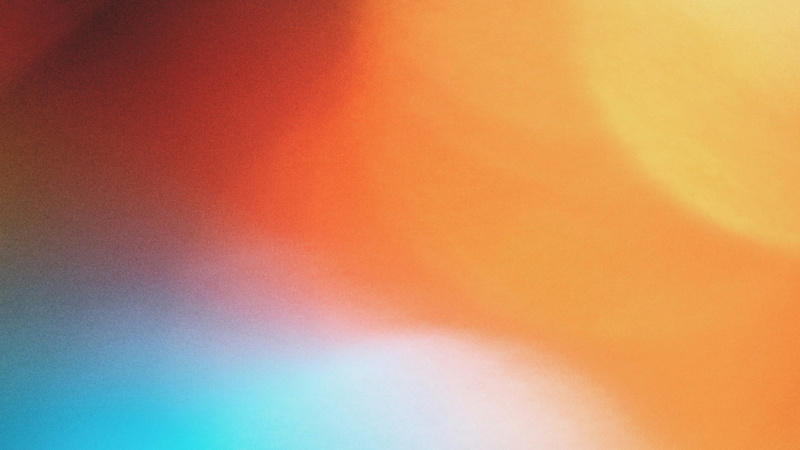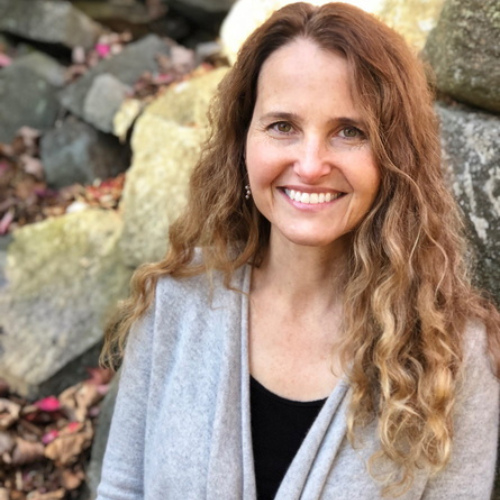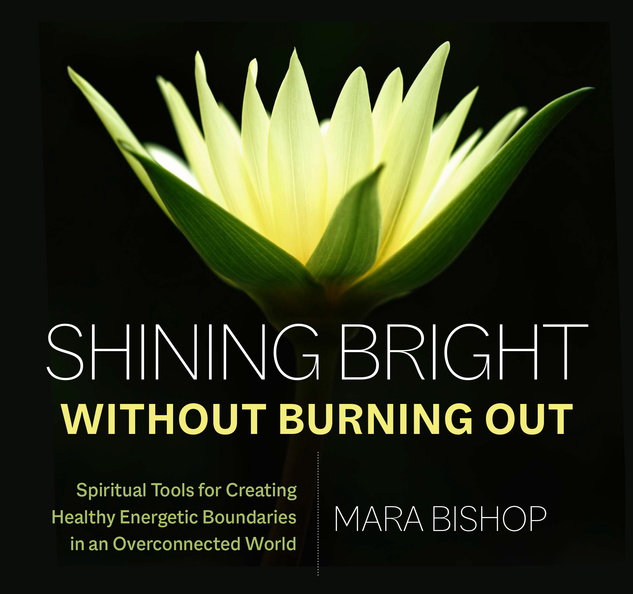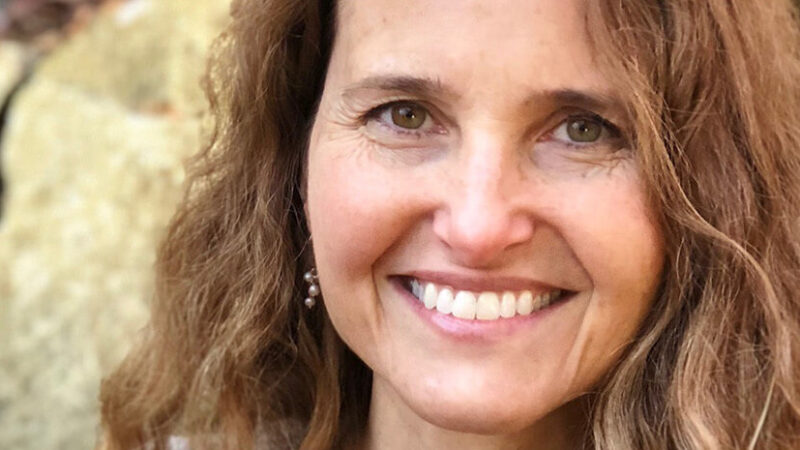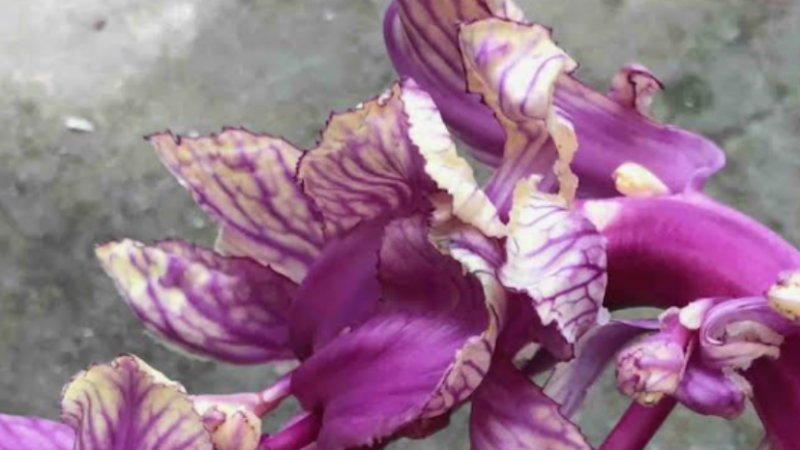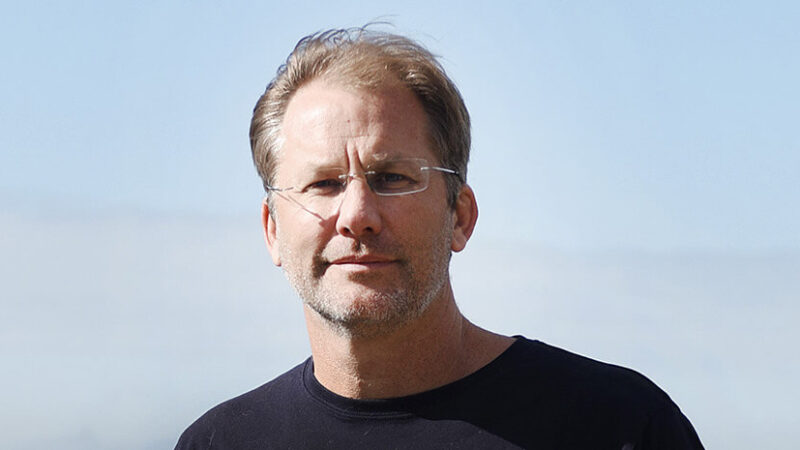When you hear the phrase “shining bright,” what does it evoke for you? Does it mean being yourself? Is it radiance, openness, or casting your energy outward toward others? Is it being the center of attention?
For me, shining bright is about sustainable personal energy, understanding your unique spiritual makeup or energetic personality archetype. It’s about managing your energy ecosystem. It’s also about keeping the balance of what’s “coming in” and what’s “going out,” as all healthy systems do.
One of the ways I feel my “brightest” is when I’m in nature, especially in the little jungle of my backyard. As I write this, a rabbit is relentlessly distracting me by flashing its ears in my line of sight, stretching up to grab some leaves, ducking down into the ivy. Observing and immersing myself in nature keeps my energy ecosystem healthy. It helps me see the bigger picture of the earth’s systems and appreciate the extraordinary beauty that exists in our seemingly ordinary spaces. I breathe differently and feel lighter when I’m watching the creatures and plants outside.
Rabbits don’t do it for you? You may need the bright lights of the stage, deep long meaningful conversations, sweaty workouts, or something else. It’s a combination of things that blend to create ideal self-care habits, big and small routines that honor who we naturally are and help us be our most radiant.
It’s hard to shine bright when you’re burned out. Many of us are overwhelmed, facing disasters of all kinds. Even if we’re not experiencing direct trauma, the world feels chaotic. That can make it easier for us to spin out of control a little too and neglect healthy habits. Maybe, like me, you love and are rejuvenated by time in nature, but feel you must travel to far-off places to find the wild and that’s not possible right now. Maybe you’ve struggled to find a practice that suits who you are and fits into your life. Maybe you feel the experiences of those around you so keenly in your body that it’s hard to distinguish your own emotions and needs.
We’re vulnerable to burnout when we get overwhelmed and depleted when we become cynical and feel negative and ineffective about our work. We start to distance ourselves from others and detach from ourselves, our needs, and what it takes to be healthy and happy.
I have two resources to help, one is available now, and one will be available soon.
Even if you only have a few moments, making time to meditate or journey regularly can help avoid burnout. Shamanism for Every Day: 365 Journeys is a daily guide for reconnection. No pressure, not another to-do list item, but a gentle way to engage your inner wisdom and the support of the spirits around you to stay healthy. Shining Bright Without Burning Out: Spiritual Tools for Creating Healthy Energetic Boundaries in an Overconnected World is an audio course that will help you step by step to manage what comes into your energy ecosystem and what goes out. We’ll reframe how you engage the world in order to stay compassionate and present, without losing your spark or burning out, so that you can shine bright and enjoy your time here on this beautiful earth.
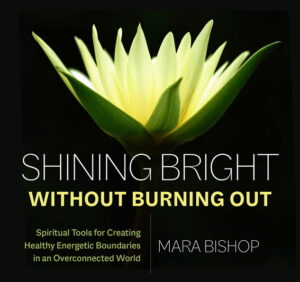 Preorder Shining Bright Without Burning Out now!
Preorder Shining Bright Without Burning Out now!
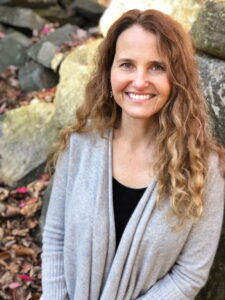
Mara Bishop has over 25 years of experience helping people find spiritual health and well-being. Her Personal Evolution Counseling™ method blends shamanism, psychology, intuition, energy healing, and nature-based practices. She lives in Durham, NC with a beloved family of people, animals, and plants.
More information about Mara is at www.WholeSpirit.com


